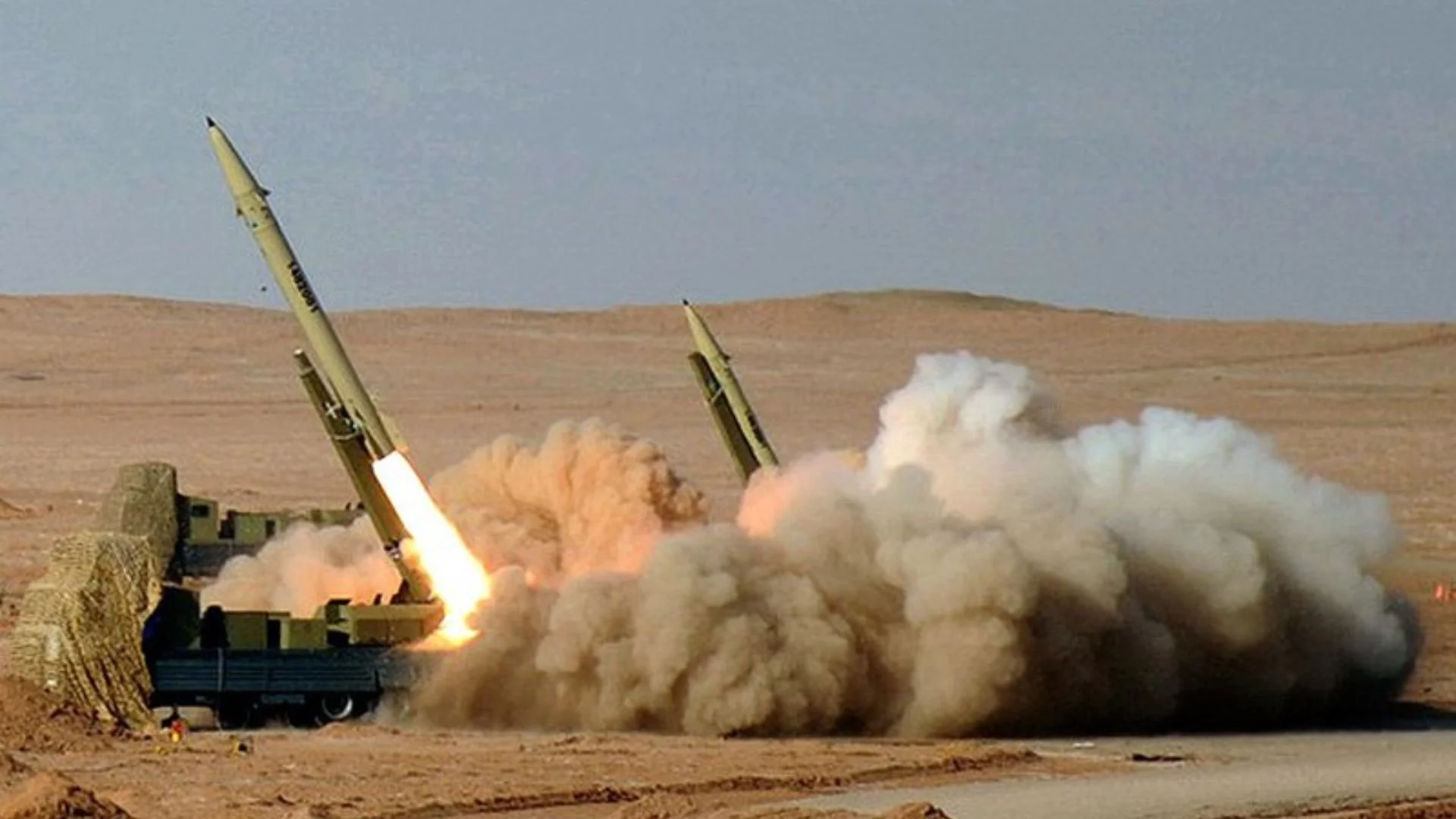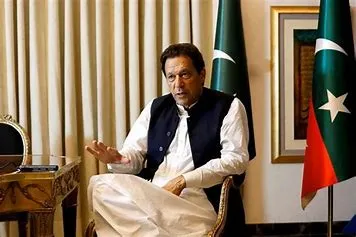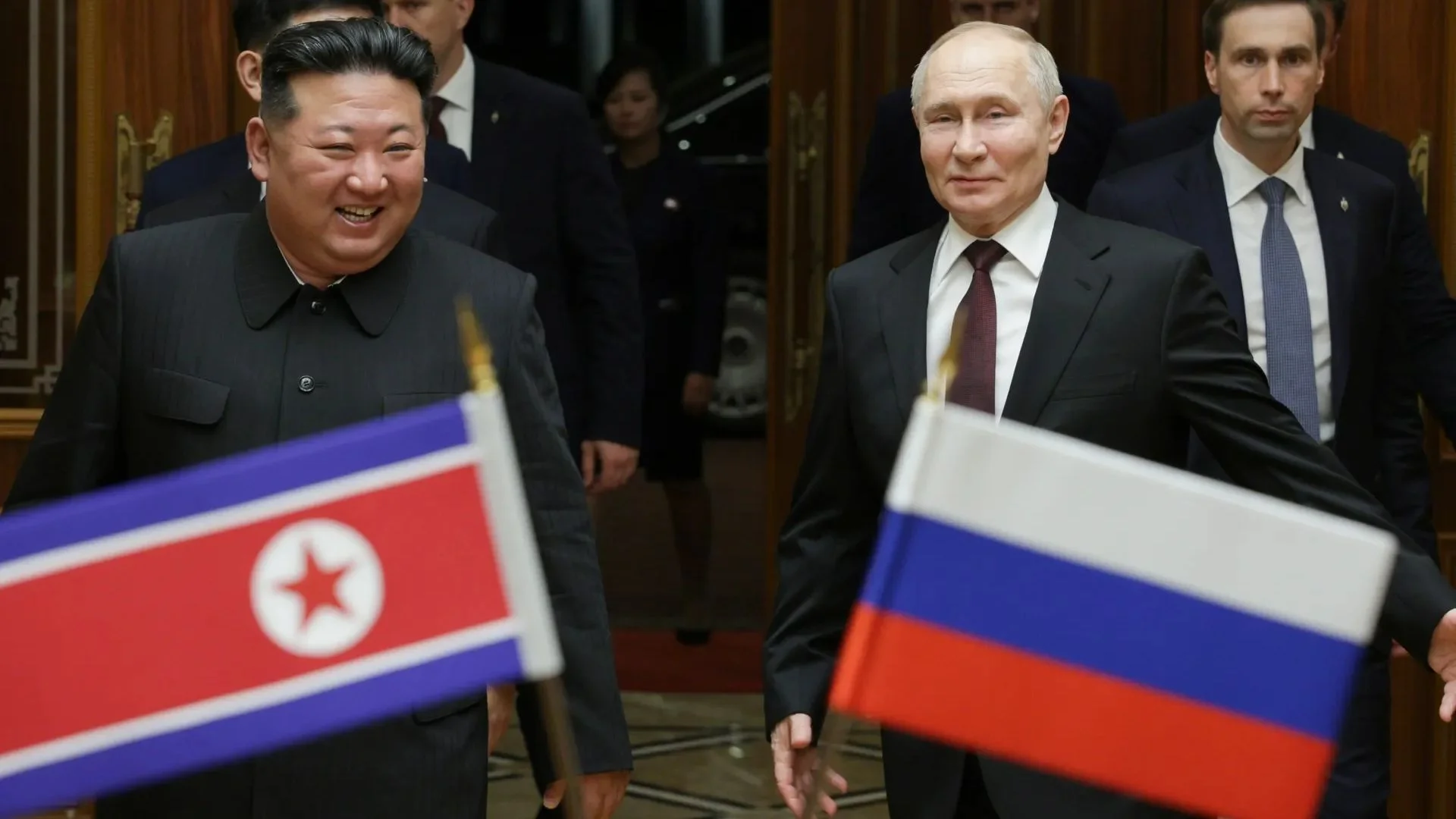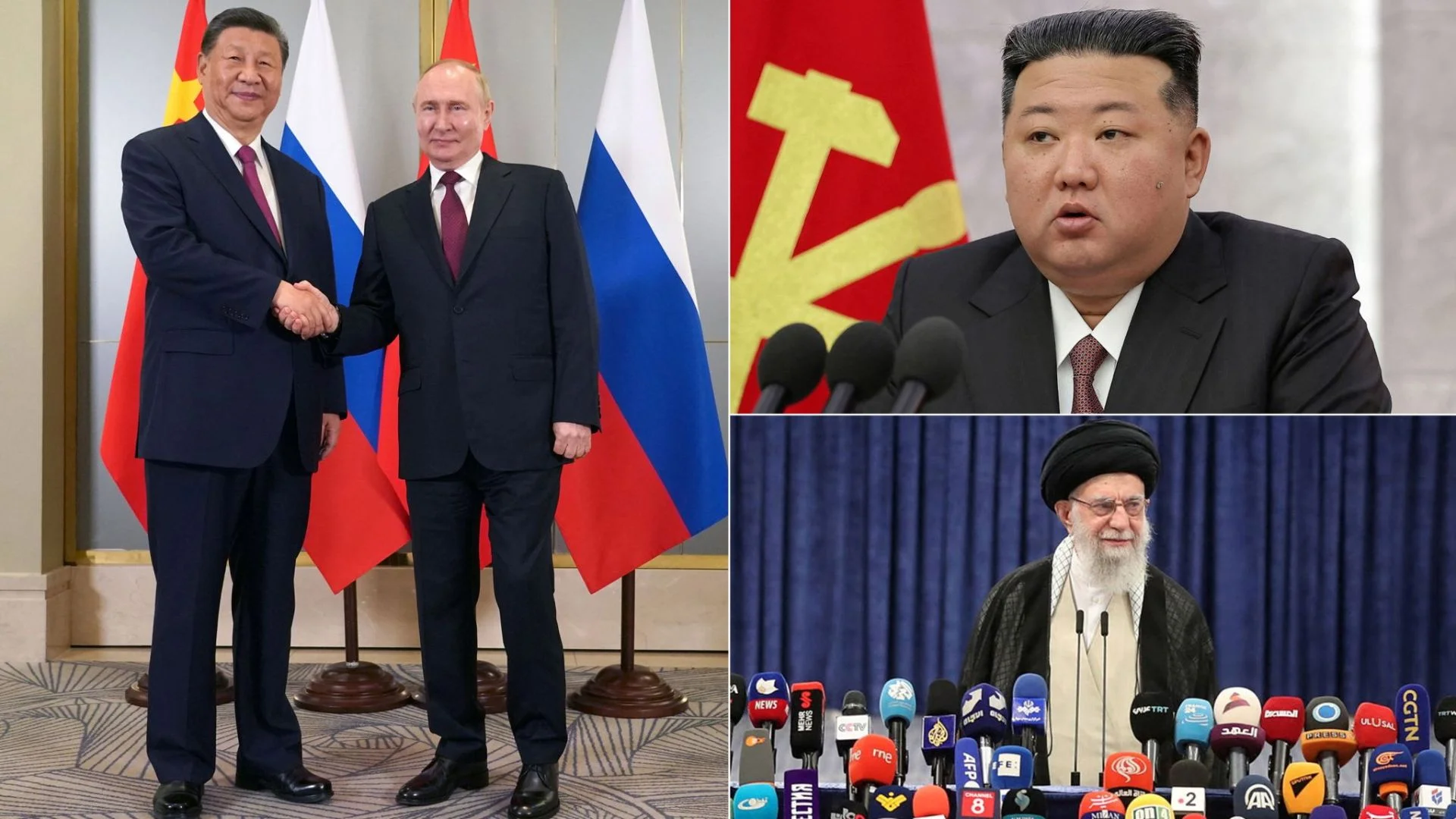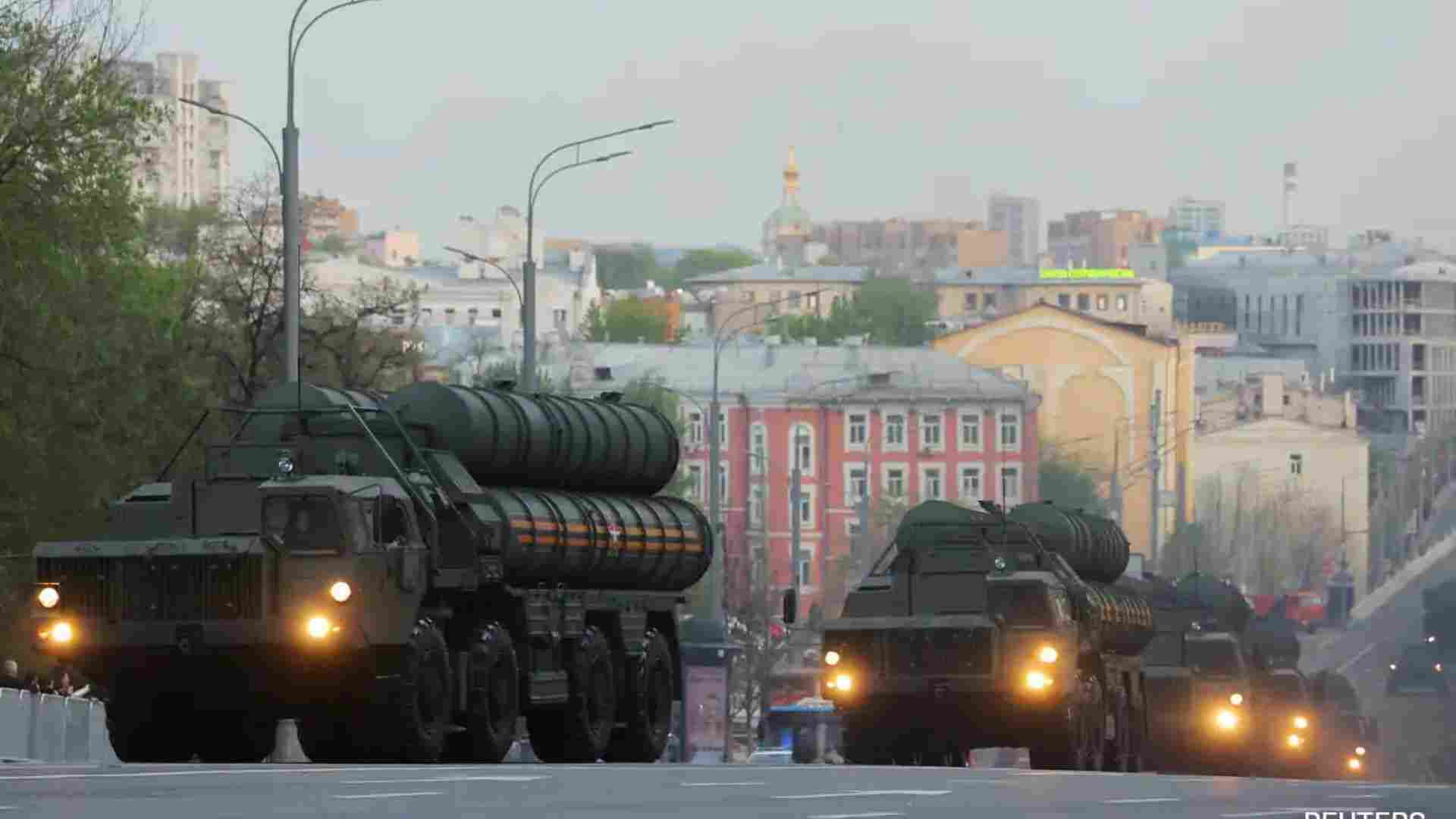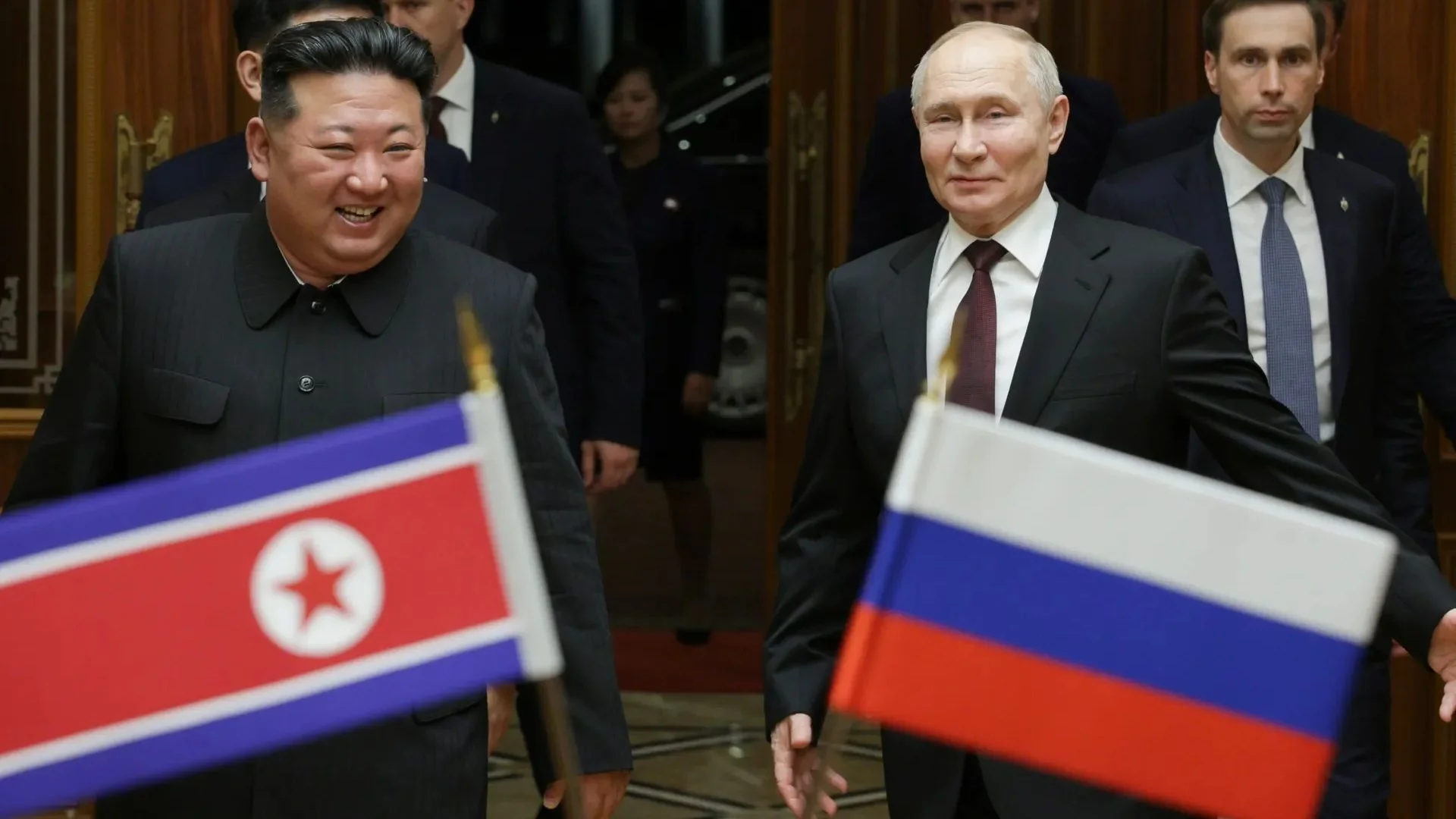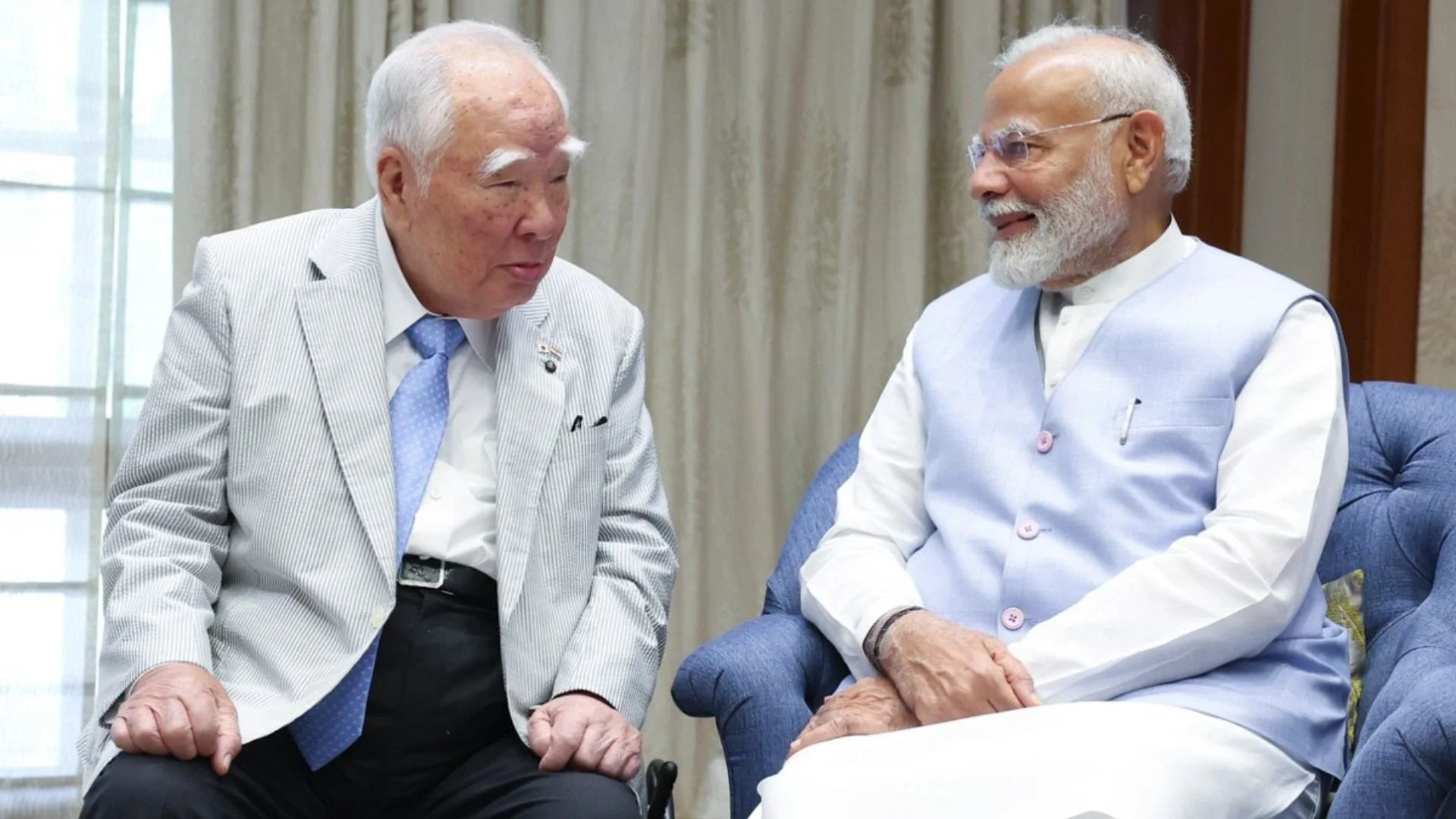Iran Supplies Russia with Ballistic Missiles, But No Launchers
Iran has delivered close-range Fath-360 ballistic missiles to Russia for use in Ukraine, but notably did not include mobile launchers, according to multiple sources, including a European diplomat and intelligence officials. The absence of the launchers raises questions about when, or if, the missiles will become operational on the battlefield.
Unclear Motives for Withholding Launchers
US and European officials confirmed that while the missiles were delivered, the launchers were not included. The reasons for this remain unclear. Some experts suggest that Russia may intend to modify trucks to serve as makeshift launchers, as Iran has done in the past. Others speculate that Iran may be withholding the launchers as a strategic move, leaving room for future diplomatic negotiations.
Fabian Hinz, an expert on Iranian missiles, explained that Iran often modifies civilian trucks, such as those made by Mercedes, to launch missiles. However, these trucks may not be suitable for Ukraine’s harsh winter terrain, which could explain why the launchers were not sent.
Tensions Amid International Sanctions
The US first announced Iran’s delivery of the missiles in September, with Secretary of State Antony Blinken stating that they would likely be used by Russian forces in Ukraine within weeks. The missiles, which travel at four times the speed of sound and have a range of up to 75 miles, pose a new challenge for Ukrainian defenses.
Iran denies providing missiles or drones to Russia, despite repeated accusations from Kyiv and Western officials. Meanwhile, the US, Germany, Britain, and France have imposed fresh sanctions on Iran in response to these developments, with the EU considering additional measures against Iran’s aviation sector.
As international tensions escalate, diplomatic efforts continue. Iranian officials are expected to meet with European leaders during the UN General Assembly to explore potential avenues for easing tensions. Some experts suggest that Iran’s decision to withhold the launchers may be a gesture aimed at creating diplomatic space for these talks.

